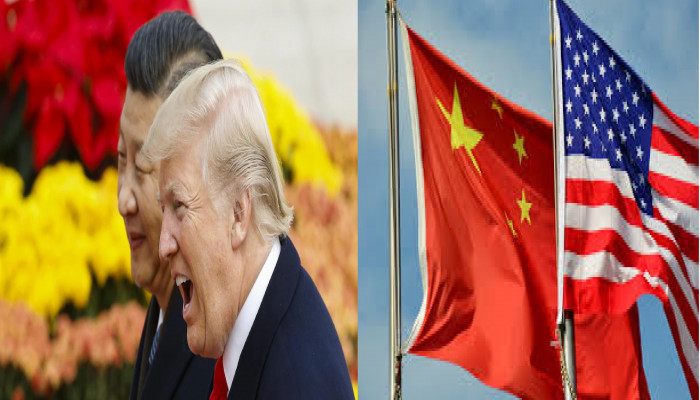Trump invites Xi Jinping to attend his presidential inauguration
- In Reports
- 11:55 AM, Dec 12, 2024
- Myind Staff
President-elect Donald Trump has invited Chinese President Xi Jinping to his inauguration on January 20, according to CBS News, which cited several sources.
The invitation was extended in early November, soon after the U.S. presidential election on November 5. However, it is unclear whether Xi has accepted the invitation. The request for comment was not immediately answered by the Chinese embassy in Washington.
In an interview with NBC News on Friday, Trump indicated that he "got along with very well" with Xi and that they had "had communication as recently as this week." Attending a US presidential inauguration by the head of China, a major geopolitical opponent of the US, would be unprecedented.
Trump has appointed several strong critics of China to important positions in his upcoming administration, including Senator Marco Rubio as secretary of state. The president-elect has stated that he will add a 10% tariff on Chinese goods unless China takes stronger action to stop the illegal trafficking of the highly addictive drug fentanyl. During his campaign, he also threatened to impose tariffs of over 60% on Chinese goods.
In late November, China's state media warned Trump that his plan to impose extra tariffs on Chinese goods due to fentanyl trafficking could lead to a damaging trade war between the two largest economies in the world.
On Wednesday, China's Ambassador to the US, Xie Feng, read a letter from Xi Jinping at a US-China Business Council event in Washington.
In the letter, Xi stated that China is ready to continue communicating with the United States. "We should choose dialogue over confrontation and win-win cooperation over zero-sum games," Xi said in the letter.
Xie went on to say that supply networks between the two nations shouldn't be separated. However, in a prerecorded video message, US ambassador to Beijing Nicholas Burns claimed that China occasionally attempted to "sugar coat" difficult and competitive relations. "No amount of happy talk can obscure our profound differences," Burns said.







Comments